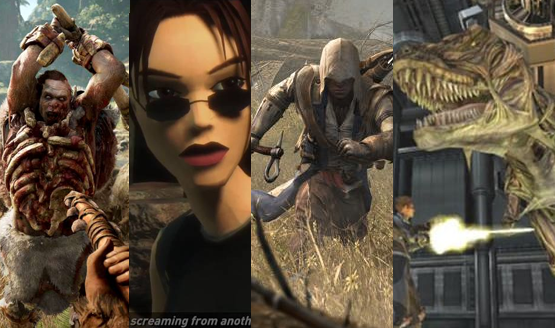The new God of War came out recently to a standing ovation of top scores. I found myself wanting to play it, especially since I enjoyed the first two games, but then I remembered I never actually finished the third installment, even after multiple attempts. The game just never clicked with me. I’m not saying that entry is bad, just that something never clicked with…






